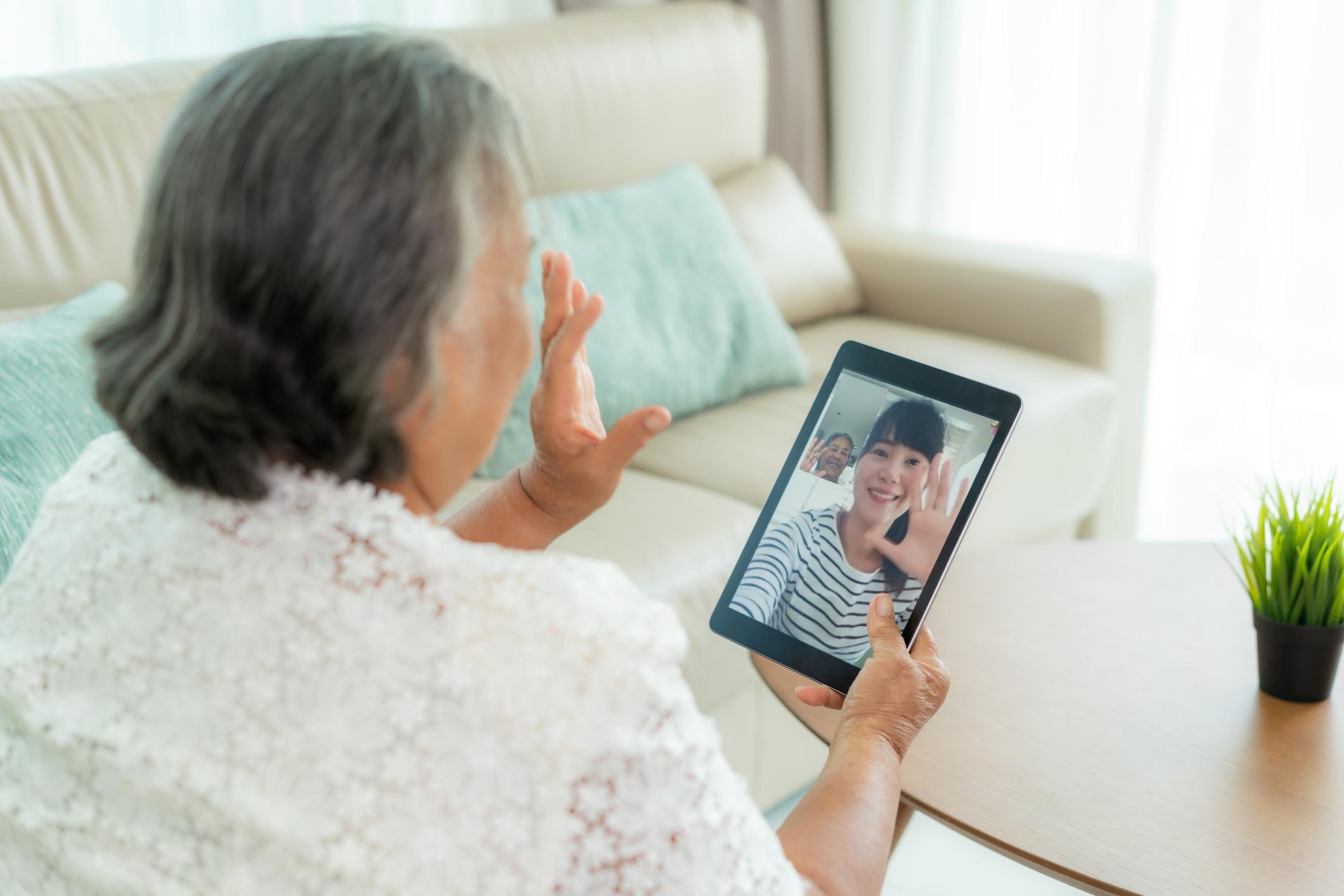
More than a year into the COVID-19 pandemic, most of us have experienced varying degrees of depression or anxiety related to the challenges of this unusual and trying time.
Yet some people have weathered the stressors better than others. What factors predicted better mental health during the pandemic and what can this teach us about protecting against depression and anxiety during other difficult times?
Kinesiology Professor J. Carson Smith and his research team surveyed people about how they coped with the psychosocial stressors of last year and their experiences of depression and anxiety. In a publication in Aging and Mental Health, they share the results from a group of adults 50 and over which point to the importance of what is termed a “forward-focused coping” strategy and maintaining social connectedness. This strategy was protective against symptoms of depression and anxiety, whereas “trauma-focused coping” was not.
“During the pandemic or other times of great stress, shifting your focus away from yourself and the traumatic event and towards your routine, caring for other people and doing things to reduce your social isolation will protect your mental health,” said Dr. Smith, summarizing the key findings.
Those who indicated an ability to engage in more forward-focused coping or to switch between forward-focused and “trauma-focused” coping strategies had lower levels of depression and anxiety. Forward-focused coping was assessed via questions about how well or much people stayed focused on goals and plans, maintained a regular routine or engaged in comforting or helping others. Trauma-focused coping behaviors, on the other hand, include dwelling on feelings of trauma or loss and could be observed in the form of obsessively consuming news during the pandemic. Women were more likely to report trauma-focused coping and greater experiences of depression and anxiety in the survey.
The researchers then asked, what behaviors are related to a more adaptive forward-focused coping strategy? The most important factor was being able to maintain social connections. Those who expressed that they were experiencing any degree of social isolation were less likely to engage in forward-focused coping, which was associated with higher levels of depression and anxiety.
The study, led by neuroscience doctoral student Leslie Jordan, focused on older adults because of the increased risk of social isolation in this age group. Dr. Smith’s lab researches the role of physical activity in offsetting dementia and Alzheimer’s disease risk in older adults and is concerned with the variety of factors that impact cognitive and mental health. His research team was concerned about the well-being of their study participants given the isolation and fear, and in some cases, the trauma of loss they were experiencing due to the pandemic.
The Mood and Activity During COVID-19 survey, which included more than 100 questions about demographics, social factors, coping abilities, and depression and anxiety symptoms was distributed via social media in April 2020.
More than 800 older adults completed the survey (another ~500 respondents were younger and excluded from this analysis) which was based on several standardized, validated measures of coping ability, depression and anxiety.
“We recommend that mental health interventions for older adults focus on increasing feelings of social connectedness,” said Leslie Jordan, the lead author on the study. “The survey reinforced that social isolation will put you at risk for symptoms of depression and anxiety. Contact with family and friends may help some, but the quality of social contact seems to matter more than the frequency of social contact, especially for older adults.”
Dr. Smith acknowledged that the study had some limitations, including its cross-sectional design which gathered data at a one-time point and doesn’t allow researchers to gauge how coping strategies influence later mental health outcomes, and because survey respondents were predominantly female, White, and highly educated which limits the generalizability of findings.
The research team plans to analyze data from 6-month and 12-month follow-up surveys completed by more than half of the original respondents which may provide additional insight into the impact of different coping strategies on mental health in older adults throughout the pandemic.
Related Links